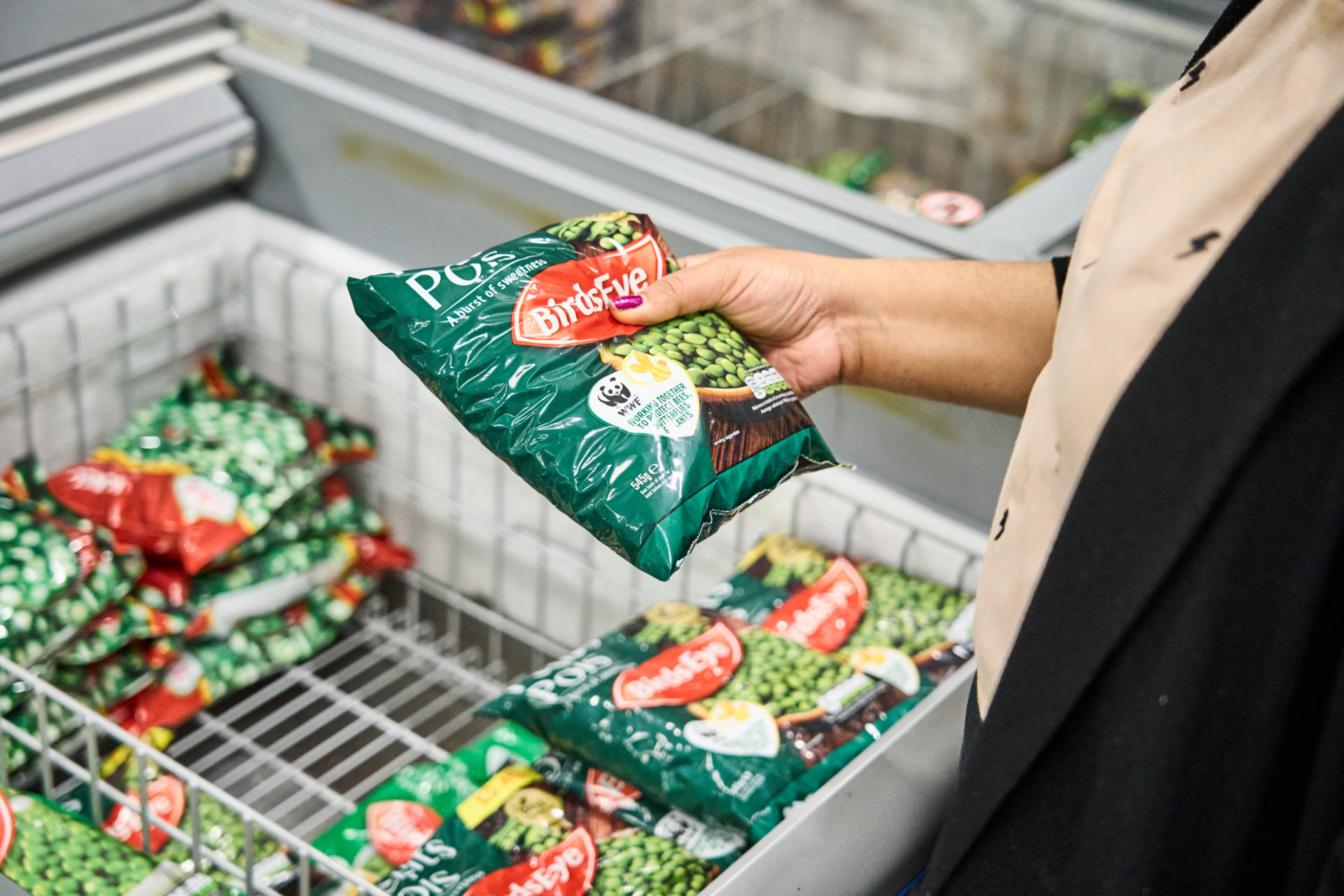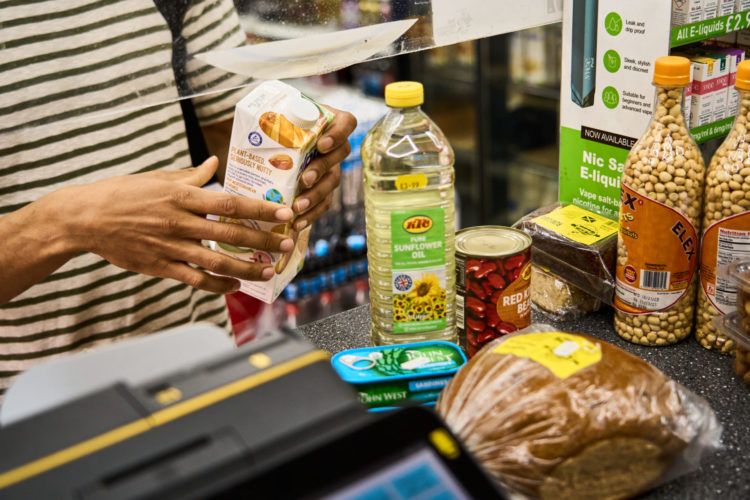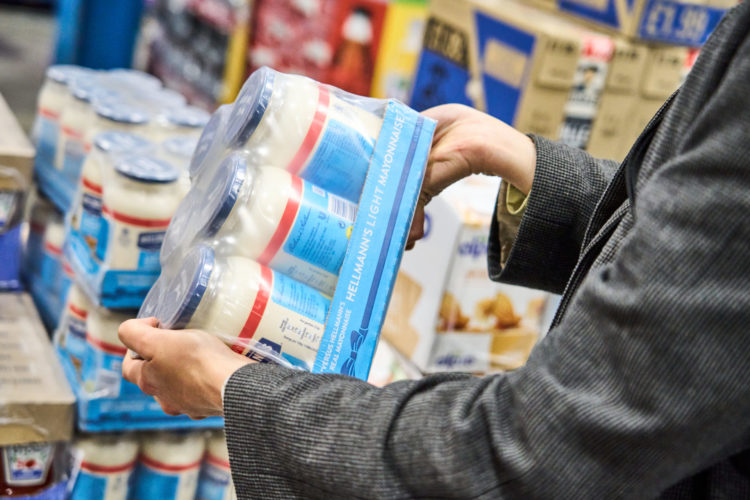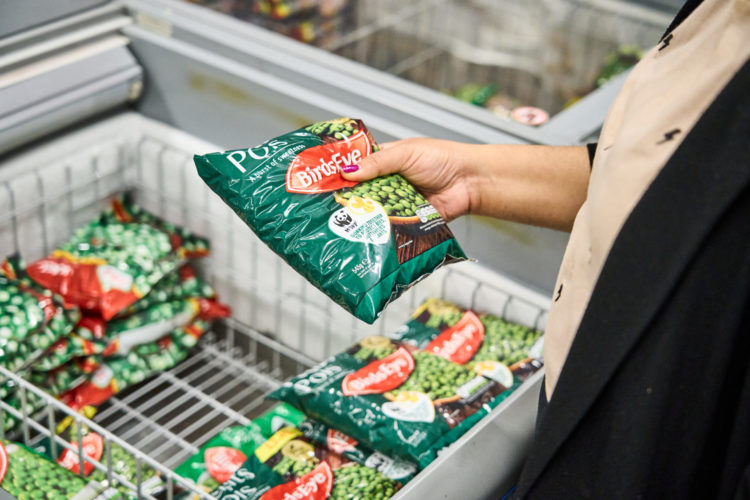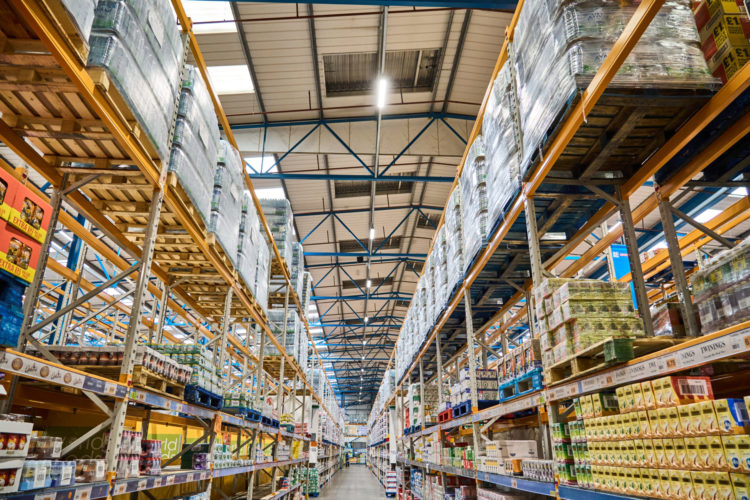Children's health and food • Good Food Programme
A policymaker’s perspective – Kate Pugh, Senior Policy Adviser at Defra
Kate Pugh, Senior Policy Adviser, UK Department for Environment, Food, and Rural Affairs, Agri-Innovation Team, shares her perspective on the food industry
< Back to the Good Food Programme report
About the Farming Innovation Programme
The Department for Environment, Food and Rural Affairs (Defra) launched the £270m Farming Innovation Programme in October 2021 as part of its investment into innovation, research and development (R&D).
“Stimulating and supporting innovation in the food system is a key objective of the Farming Innovation Programme. The funding we award is a catalyst for the development of the new ideas and technologies needed to transform the way we produce food. We also work closely with businesses, research organisations and farmers to ensure that these new technologies go on to be widely adopted on UK farms.
“UK agriculture is facing a whole raft of challenges, the most pressing of which is how to feed a growing population with more nutritious food. We need to improve productivity and sustainability, helping farming businesses to thrive, while protecting our environment and enhancing biodiversity. Innovation and investment are key to achieving this.
“As policymakers we need to be engaging with emerging ventures and start-ups, and with investors, to develop a joint vision. Sharing information, for example on priority areas for investment, and coordinating our efforts will help us to secure the investment needed to build on R&D, and support commercialisation of new technologies to get them out faster.
“We are interested in working with the private sector and with investors to understand where the challenges and gaps lie. For example, we’re hearing that a lack of clarity about regulation around emerging technologies can make it more challenging to get investment. We are keen to work with the private sector to understand what these barriers are, so we can collaborate to identify possible solutions.
“It appears the transition from R&D to commercialisation is also a challenge faced by a range of businesses. We have a strong science and research base in the UK, which has received substantial government investment, but it is important to ensure this fantastic R&D is translated into sustainable businesses and innovations that can transform the food system.
“That’s where collaboration and knowledge sharing with the private sector comes in. Working together would help to ensure that innovation flows along the whole pipeline, that public money dedicated to research and development is not wasted and that new agri-tech is able to start transforming the way we produce food as soon as possible.
“As policymakers and funders, we are keen to help bridge this gap. Cutting-edge, early-stage tech may be a more challenging sell with investors as it’s not yet obvious what the return will be. If investors are willing to broaden their knowledge on emerging technologies, and if the innovators are able to explain the science behind their ideas in a way that clearly lays out the benefits, further investment opportunities will no doubt follow.”
Key Takeaways
- There is substantial government funding flowing into innovations across the food system, including to research and development into new technologies that can transform how we produce food to better support the health of people and the planet.
- More coordination and collaboration is required between investors, the food industry, and policymakers to ensure these emergent technologies can commercialise and scale.
- This approach needs to be applied to improving innovation throughout the food system, from farms through to supermarket shelves, to improve and incentivise innovation.
More case studies from the Good Food Programme
Children's health and food • Good Food Programme
Children's health and food • Good Food Programme
An investor’s perspective – Matt Truman, co-founder and chair of True
Children's health and food • Good Food Programme
A policymaker’s perspective – Kate Pugh, Senior Policy Adviser at Defra
Children's health and food • Good Food Programme
